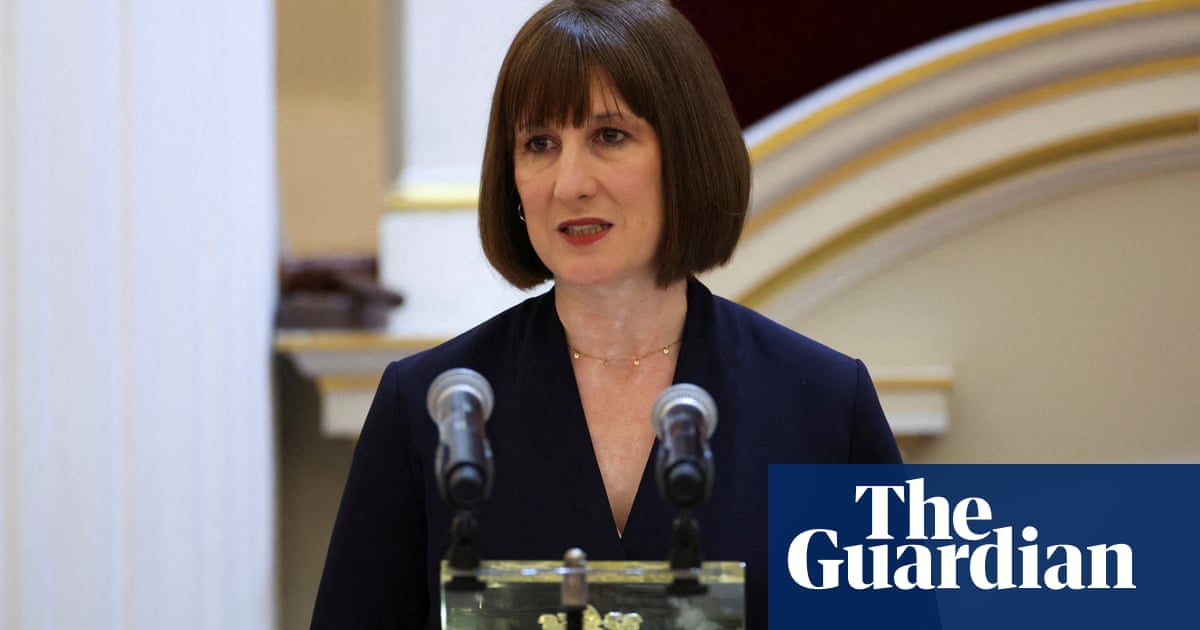The Daily Telegraph columnist Allison Pearson is under investigation by Essex police for allegedly stirring up racial hatred with a social media post made last November. Pearson has said officers told her they were planning to record a non-hate crime incident (NCHI) against her, an incident that does not meet the threshold for a crime. Essex police say the alleged offence was being treated as a criminal matter, not an NCHI. The incident has led to fierce debate as critics claim it represents a threat to free speech and is a waste of police resources. Essex police have complained to the media standards watchdog Ipso over alleged false reporting about its ongoing investigation.
What has Allison Pearson claimed?
Pearson claimed last week she had been visited by two police officers at her home in Essex on Remembrance Sunday and “accused of a non-crime hate incident”. She said officers asked her to submit to a voluntary interview under caution but had refused to give her details about the allegedly offensive tweet (since deleted) or the complainant. She later claimed on X that Essex police had “upgraded the accusation from Non-Crime Hate Incident to offence under the Public Order Act“. She denies allegations of stirring up racial hatred, and has described the incident as “Kafkaesque”.
What does Essex police claim?
The force said at no stage did its officers communicate to [Pearson] that its investigation related to an NCHI, but rather to a potential criminal offence. It has taken the unusual step of releasing a partial transcript of the conversation it said one of its officers had, taken from body-worn video footage. According to this police transcript, one of the officers said: “It’s gone down as an incident or offence of potentially inciting racial hatred online. That would be the offence.” The officer adds: “Because of what’s been alleged and the evidence that we’ve got, I need to just ask you some questions.” The force said it was liaising with the Crown Prosecution Service as part of a criminal investigation, and separately has complained to the Independent Press Standards Organisation “on a matter of factual accuracy”.
What did the tweet allegedly say?
Pearson has said she was not told which social media post was being investigated, nor details of the complainant. The Guardian revealed the tweet allegedly was a reposting of an image of two people of colour holding the flag of the Pakistan Tehreek-e-Insaf, a Pakistani political party founded by Imran Khan, alongside police officers from Greater Manchester police. Pearson allegedly wrote a post targeting the Metropolitan police, which read: “How dare they. Invited to pose for a photo with lovely peaceful British Friends of Israel on Saturday police refused. Look at this lot smiling with the Jew haters.” Pearson allegedly confused the flag with that of Hamas, and the identity of the police force. The original complainant told the Guardian that Pearson’s post was “racist and inflammatory” – which she denies. The Telegraph reported the post complained of had been deleted shortly after it was posted after the error was pointed out by users.
What is a non-crime hate incident or NCHI?
Under the Police, Crime, Sentencing and Courts Act 2022, non-crime hate incidents are recorded by the police to collect information on “hate incidents“ that could escalate into more serious harm or indicate heightened community tensions, but which do not constitute a criminal offence. They are defined by the government as an incident involving an act that is perceived to be motivated by hostility or prejudice towards persons with a particular characteristic. Those characteristics can include race, religion, disability, sexual orientation and transgender identity. NCHIs fall below the threshold of a criminal offence but are kept on file. Personal data of the person reported should only be included in the reports if the incident in question presents a “real risk of significant harm” to individuals or groups with a particular characteristic and/or a real risk that a future criminal offence may take place against them.
Were police required to give details of the alleged offence when they invited Pearson to voluntarily attend interview?
Pearson said officers would not divulge details of the exact complaint. Essex police have released only a partial transcript from the body-worn video footage of the visit. The force said in a statement: “As this was a call to set up an interview, no extra details were given. That’s because we have to follow the law and make sure that everyone’s rights and entitlements, in particular to seek legal advice, were respected. This is the right way to do things – it’s the correct procedure as set out by the Police and Criminal Evidence Act 1984 (PACE). Fuller details of an alleged offence are always provided prior to the commencement of a voluntary interview, under caution. That allows those present to seek appropriate legal advice and representation if they wish to.”

.png) 1 month ago
16
1 month ago
16













































